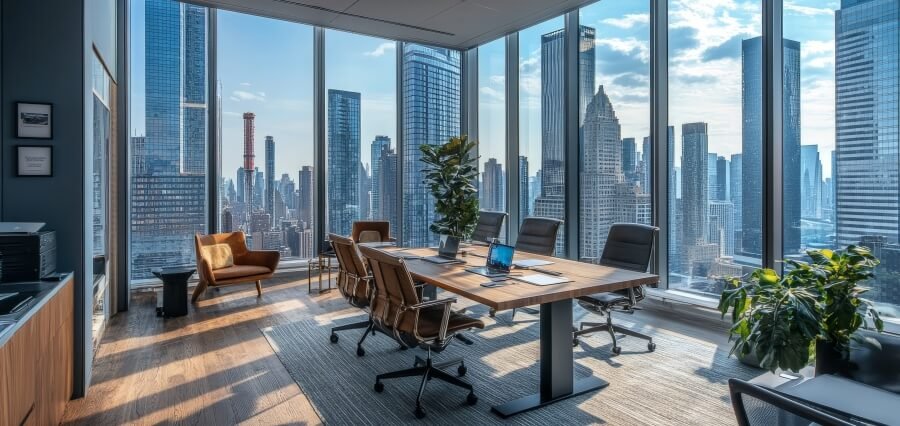In San Francisco, a significant change is happening as early-stage startups, especially those that have been in AI, are embracing in-office work. The change is away from the widely adopted remote work culture of the COVID-19 pandemic. Many startups are requiring employees to work from the office at least four days a week, taking advantage of the high office vacancy rates in the city and lower leasing costs, which have not been this low since 2016.
A perfect example are the companies, such as visualization search engine startup Tako and an AI firm Mithrl, at the lead of the initiative. According to the CEO of Tako, Alex Rosenberg, this type of fully remote organization faces difficulties while creating innovative culture. According to another recently joined the software engineer in Tako, Noah Jackson. Jackson, who spent most of his career working remotely, said he wants a stronger office culture in his next role. His decision aligns with a broader trend where young professionals, especially in tech, seek more in-person engagement as part of their career development.
All of this is driven by various factors-many in the name of remote fatigue, competition in the AI development area, and burgeoning venture capital funding. Since OpenAI launched ChatGPT, AI startups have become a strong engine for office leasing activity in San Francisco. According to Cushman & Wakefield, although the city’s office vacancy is overall high, companies like OpenAI and Sierra AI have signed the largest leases around. These startups are part of a rather vibrant commercial real estate sector in which flexible and co-working spaces abound.
While the vacancy rates are high, office rents in San Francisco are much lower than before the pandemic, which is a window of opportunity for startups to secure good leasing terms. According to Liz Hart, president of leasing at Newmark, “tech companies, particularly in AI, dominated office leasing activity in 2023 and 2024.” Most companies are choosing subleased spaces so that they can scale their operations and take advantage of the city’s reduced real estate costs.
Startups like Mithrl are also sweetening the deal with commuter benefits and other perks to attract talent. CEO Vivek Adarsh, who moved his company to San Francisco to tap into the region’s tech talent, said he still believes that it provides unmatched enthusiasm and energy, but the city is getting so expensive that companies have to decide between an office location, office amenities, and employee needs vis-a-vis operational goals.
Some companies struggle to convince employees to come back to the office. For others, however, such as robotics startup Medra, the transition was seamless. According to its CEO, Michelle Lee, the fact that she would be in the office five days a week has become an advantage in recruitment because some of the candidates explicitly ask for in-person positions. However, industry experts also note that enforcing strict in-office policies may limit a company’s talent pool, particularly in a city as expensive as San Francisco. Therefore, the future of work has to balance in-person culture with flexibility.


